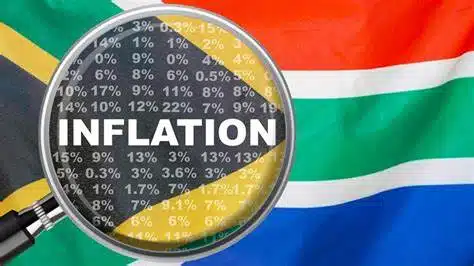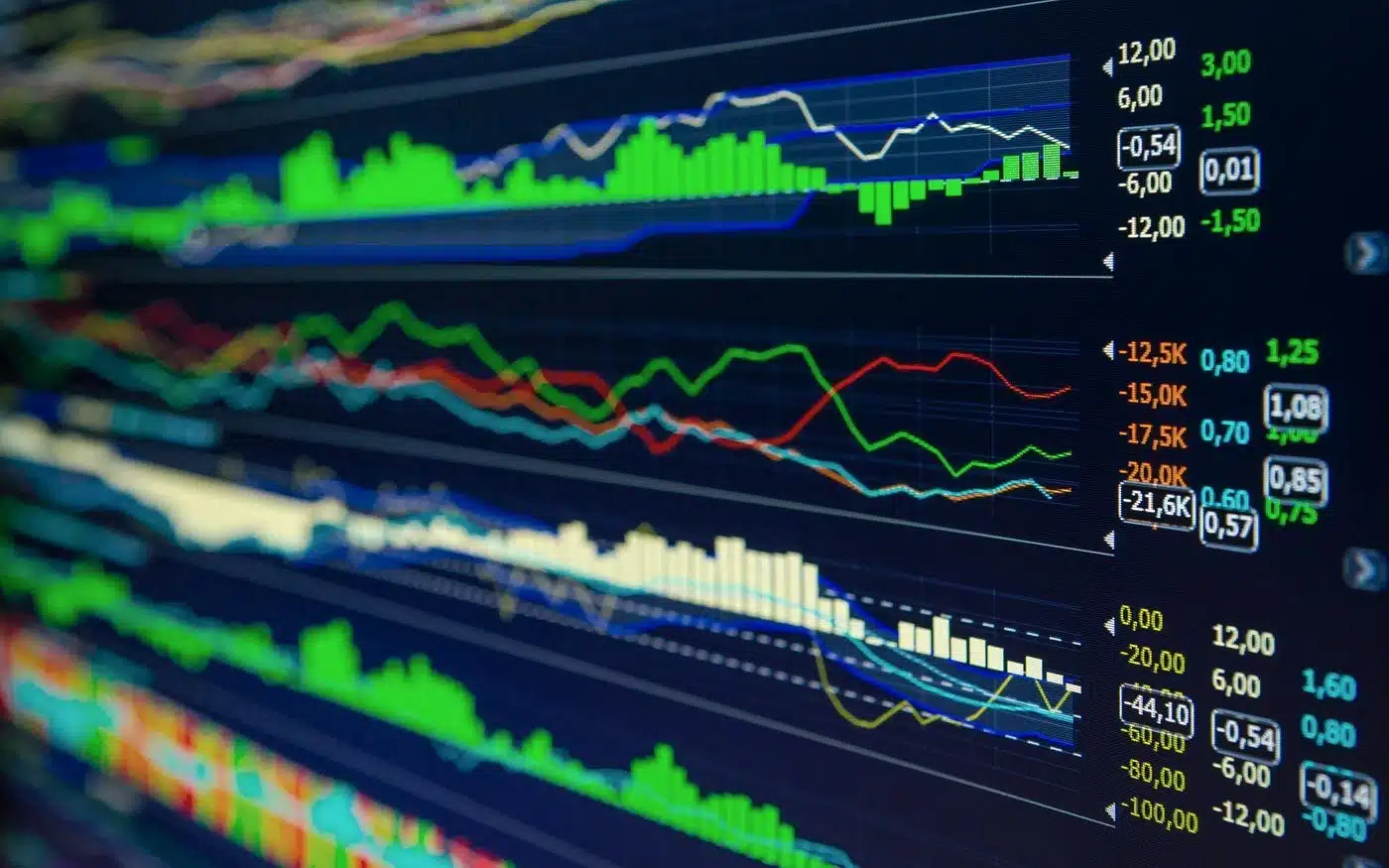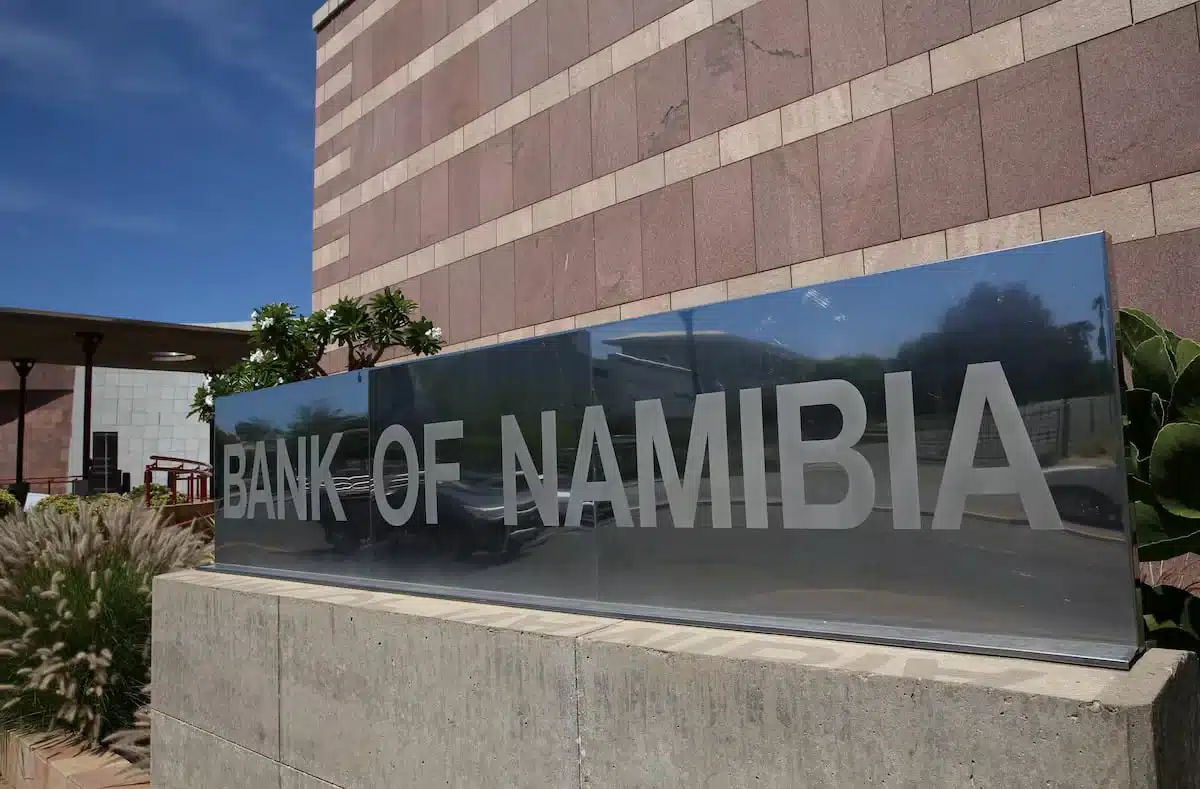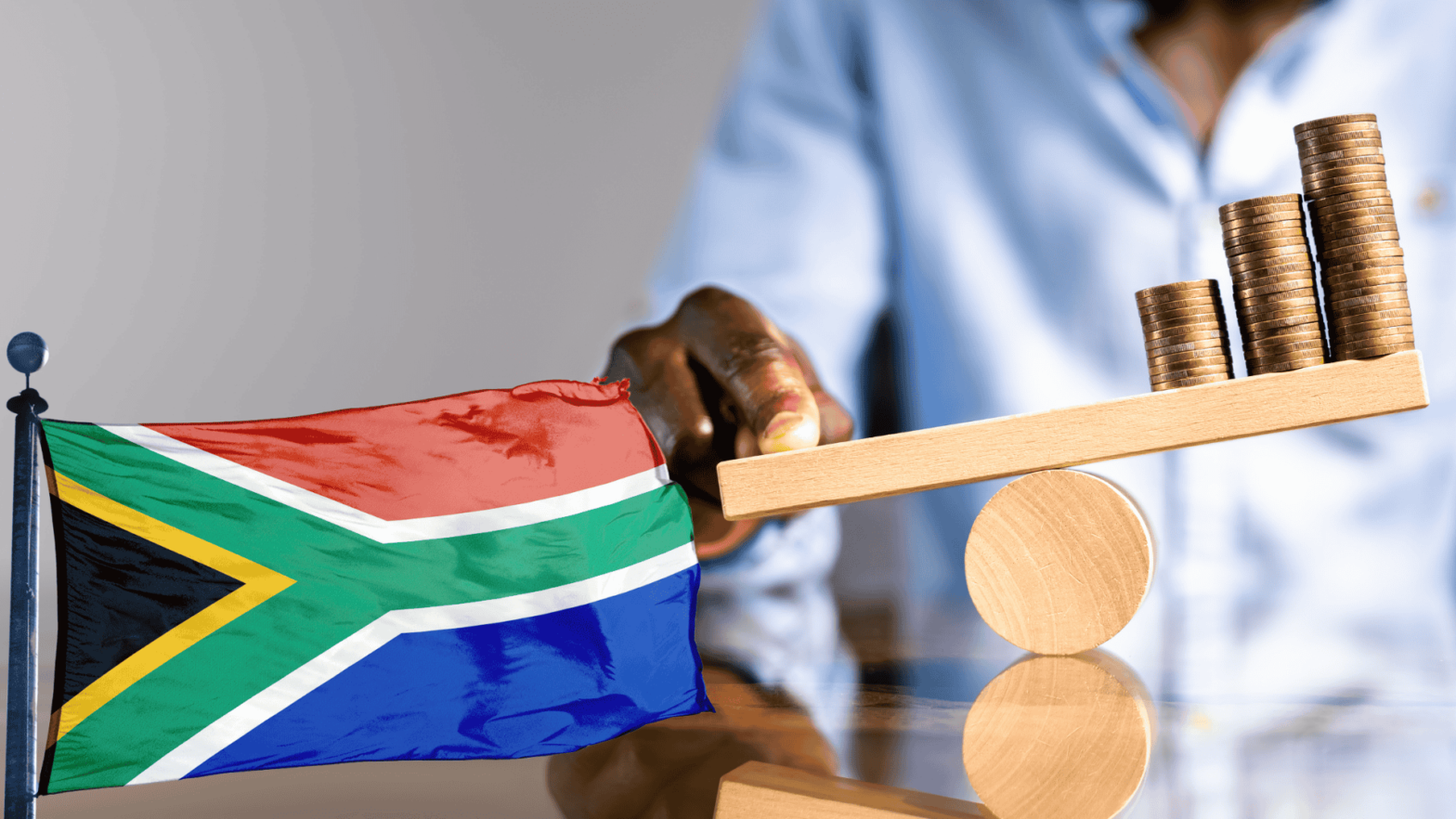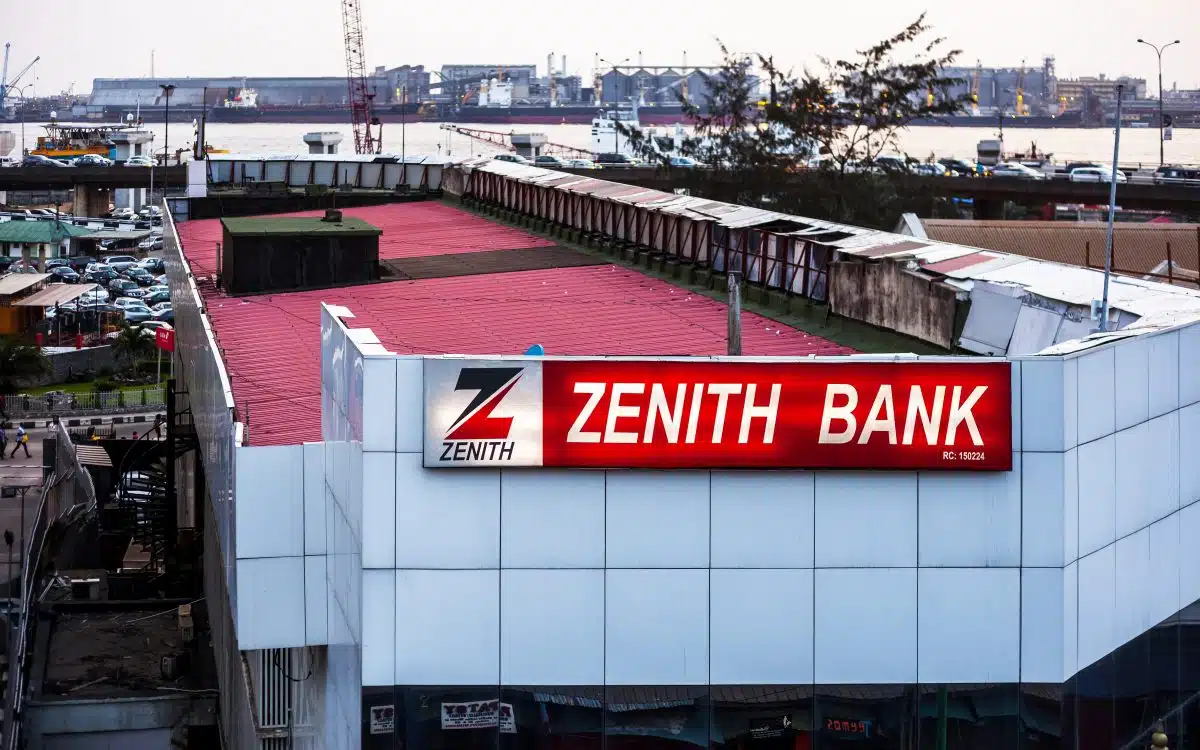South Africa’s annual consumer price inflation rose to 3.2% in January 2025, up from 3.0% in December, following adjustments to the Consumer Price Index (CPI) basket.
The month-on-month increase stood at 0.3%, reflecting a marginal but notable acceleration in price growth.
The uptick in inflation was driven largely by higher costs in housing and utilities, which rose by 4.5%, contributing 1.1 percentage points to the overall figure.
Food and non-alcoholic beverages climbed 2.3%, while restaurant and accommodation services saw a 4.9% increase, collectively adding to the inflationary pressure.
Goods inflation accelerated to 2.4% from 1.9% in December, whereas services inflation eased slightly to 4.0% from 4.2%.
Fuel prices continued their upward trend, with the fuel index rising by 0.9% in January. Although still down 4.5% year-on-year, this marks an improvement from the -10.2% recorded in December.
The price of inland 95-octane petrol increased to R21.59 ($1.16) per litre in January, up from R21.05 ($1.14) in October, contributing to a narrowing of transport inflation, which improved to -0.2% from -2.0% the previous month.
This change comes as Statistics South Africa rebased the CPI, updating the weights and classifications of various goods and services to better capture evolving consumption patterns.
The revisions, effective from this release, mean that all indices are now referenced to December 2024, offering a refreshed perspective on price movements.
Despite the rise in inflation, the figure remains within the South African Reserve Bank’s (SARB) target range of 3% to 6%.
Recall that following the December 2024 inflation report, the Monetary Policy Committee, in a split decision, agreed to reduce its benchmark lending rate by 25 basis points to 7.50%, marking the third consecutive rate cut.
The central bank, however, raised concerns about the uncertain global outlook, stating, “The committee ultimately agreed that it was possible to reduce the degree of policy restrictiveness, making the stance somewhat more neutral. However, all members were concerned about the uncertain global outlook.”
In assessing future risks, the committee reviewed a trade war scenario in which U.S. tariffs would rise by 10 percentage points, triggering retaliatory measures from other countries.
Under this model, SARB projected that the rand could depreciate to nearly 21 to the dollar, with domestic inflation reaching 5%.
South Africa is the second African country to implement a CPI basket overhaul this year, after Nigeria.
While both countries updated their reference year to 2024, in Nigeria’s case, the rebasing led to a significant drop in the headline inflation rate, from 34.80% in December 2024 to 24.48% in January 2025.
However, Nigeria’s statistical bureau clarified that this decline does not imply a reduction in actual prices but rather offers a more precise measurement of inflation.

